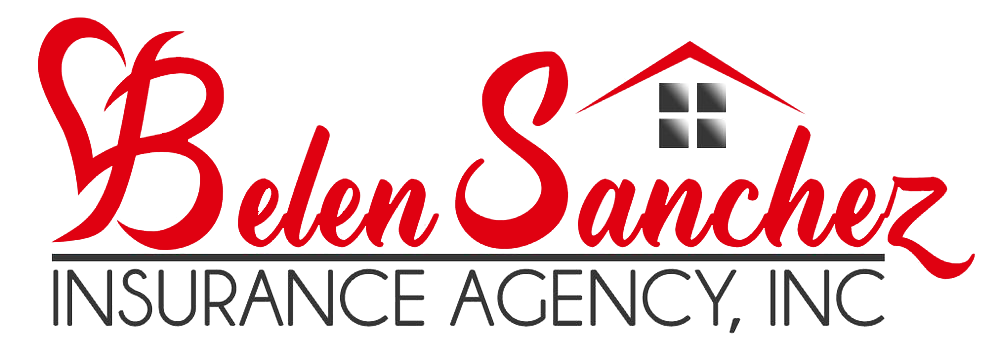Homeownership can be both rewarding and challenging, especially when unexpected events cause damage to your property. From fallen trees to flooding, these occurrences can cause stress and financial concerns. Understanding your insurance responsibilities can help ensure you're adequately protected. In this blog, we'll address common questions about homeowners insurance and property boundaries.
Tree Damage Responsibility
A common query arises when a tree from a neighbor's yard falls onto your home. Typically, your own insurance covers such damage if it's due to a storm. However, if the tree was already dead or in poor condition and your neighbor was aware of the risk, their insurance might be responsible for covering the damages.
Fire Damage from a Neighbor’s Property
If a fire starts on a neighboring property and spreads to yours, homeowners insurance generally covers the resulting damage. In cases where the fire was due to negligence—such as an unattended candle or faulty wiring—your insurance provider may seek reimbursement from the neighbor's insurance policy.
Flooding from a Neighbor’s Property
Water damage can be particularly contentious, especially when linked to your neighbor's property. Proving negligence in cases of poor drainage or landscaping changes is challenging. It's important to note that standard homeowners insurance doesn't cover flooding, so having a separate flood insurance policy is advisable.
Shared Fence Repair Costs
When a storm damages a shared fence, both homeowners typically share the repair costs. If the damage results directly from one homeowner's actions, they may be liable for the entire cost. Open communication and understanding can help resolve these issues amicably.
The Insurance Claims Process
Navigating the insurance claims process can be daunting, especially when dealing with damages linked to a neighbor's actions. Insurers often handle these claims directly, and in cases involving negligence, they may pursue subrogation—seeking reimbursement from the responsible party’s insurer. If negligence can't be proven, your policy should cover the damages without pursuing your neighbor's insurance. As a homeowner, regularly reviewing your insurance policy can provide peace of mind. Consider additional coverage options, like flood insurance, to enhance your protection. For the most tailored advice, consult an insurance professional who can clarify your coverage details and help ensure you’re prepared for any eventuality.

